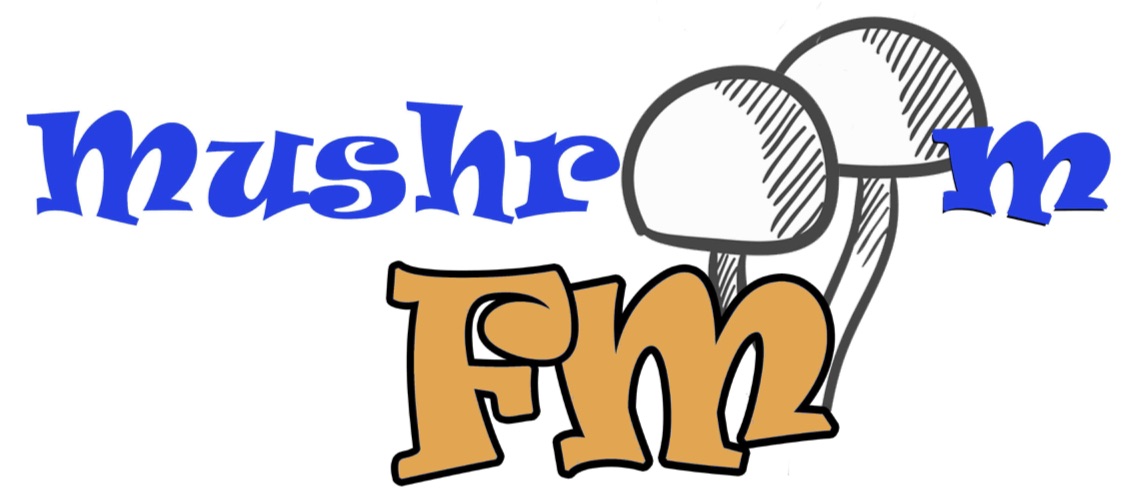Coming up on Saturday at the Described Movies: Marnie, and The Spy Who Came in from the Cold.
Only on Mushroom escape:
http://www.mushroomfm.com/escape
From this Saturday at 12am Eastern, that’s 6pm Saturday in NZ, 4pm in Sydney and 5am in the UK, and repeated every four hours throughout the day, it’s the described movies Marnie from 1964, and The Spy Who Came in from the cold from 1965.
Marnie is a 1964 American psychological thriller film directed by Alfred Hitchcock from a screenplay by Jay Presson Allen, based on the 1961 novel of the same name by Winston Graham.
The film stars Tippi Hedren and Sean Connery.
Marnie became a milestone for several reasons.
It was the last time a "Hitchcock blonde" would have a central role in one of his films.
It also marked the end of Hitchcock's collaborations with cinematographer Robert Burks, who died in 1968; editor George Tomasini, who died soon after Marnie's release; and composer Bernard Herrmann, who was fired during Hitchcock's next film, Torn Curtain (1966), when Hitchcock and Universal studio executives wanted a pop-and-jazz-influenced score for the film.
Directed by: Alfred Hitchcock.
Screenplay by: Jay Presson Allen.
Based on: Marnie by Winston Graham.
Produced by: Alfred Hitchcock.
Starring: Tippi Hedren, Sean Connery, Diane Baker, and Martin Gabel.
Cinematography: Robert Burks.
Edited by: George Tomasini.
Music by: Bernard Herrmann.
Production Company: Geoffrey Stanley Productions.
Distributed by: Universal Pictures.
Release date: 22 July 1964 (New York City).
File Length: 124 minutes.
Country: United States.
Language: English.
Budget: $3 million.
Box office: $7 million.
The Spy Who Came In from the Cold is a 1965 British spy film based on the 1963 novel of the same name by John le Carré.
The film stars Richard Burton, Claire Bloom, and Oskar Werner.
It was directed by Martin Ritt, and the screenplay was written by Paul Dehn and Guy Trosper.
The film depicts British MI6 agent Alec Leamas' mission as a faux defector who is given the task of sowing damaging disinformation about a powerful East German intelligence officer.
As part of a charade, Leamas is apparently dismissed from the British secret intelligence service and becomes an embittered alcoholic.
He is soon approached by East German agents in Britain, and he allows himself to be recruited and taken to continental Europe to sell his secrets for money.
Just when it seems that he has successfully discredited his target, however, Leamas is revealed to be an active British intelligence agent disseminating false information.
Much to his surprise, this revelation achieves the real and heretofore hidden objectives of the mission.
The Spy Who Came In from the Cold was a box-office success, receiving positive reviews and several awards, including four BAFTA Awards for Best British Film, Best Actor, Best Cinematography, and Best Art Direction.
For his performance, Richard Burton received the David di Donatello Award for Best Foreign Actor, the Golden Laurel Award, and an Academy Award nomination for Best Actor in a Leading Role.
The film was named one of the top ten films of 1966 by the National Board of Review in the United States.
Directed by: Martin Ritt.
Screenplay by: Paul Dehn, and Guy Trosper.
Based on: The Spy Who Came in from the Cold by John le Carré.
Produced by: Martin Ritt.
Starring: Richard Burton, Claire Bloom, and Oskar Werner.
Cinematography: Oswald Morris.
Edited by: Anthony Harvey.
Music by: Sol Kaplan.
Production Company: Salem Films Limited.
Distributed by: Paramount Pictures.
Release dates: 16 December 1965 (US), and 13 January 1966 (UK).
File Length: 107 minutes.
Country: United Kingdom.
Language: English.
Box office: $7,600,000.
Any questions, comments, or ideas for future described movies: e-mail me: anthony at mushroomfm dot com (e-mail address written that way to cut down on
spam)
Enjoy the movies,
